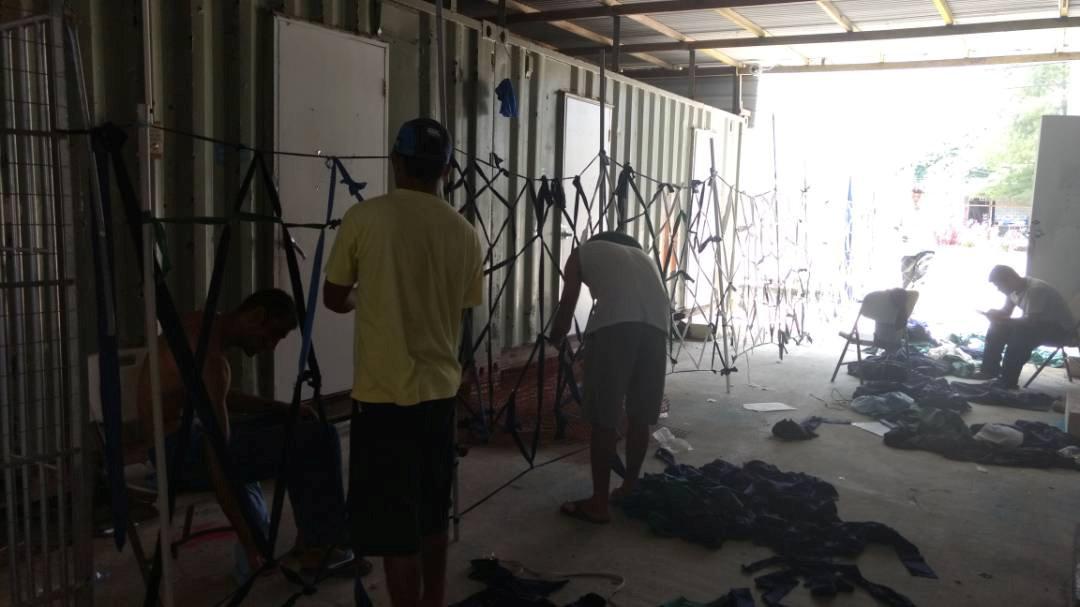SYDNEY—Papua New Guinea Immigration Minister Petrus Thomas said authorities would take steps on Monday, Nov. 13, to forcibly remove around 450 men who remain in an abandoned Australian detention center without food or running water.
Hundreds of men have barricaded themselves into the Manus Island center for more than 13 days without regular food or water supplies, defying attempts by Australia and Papua New Guinea to close the facility.





